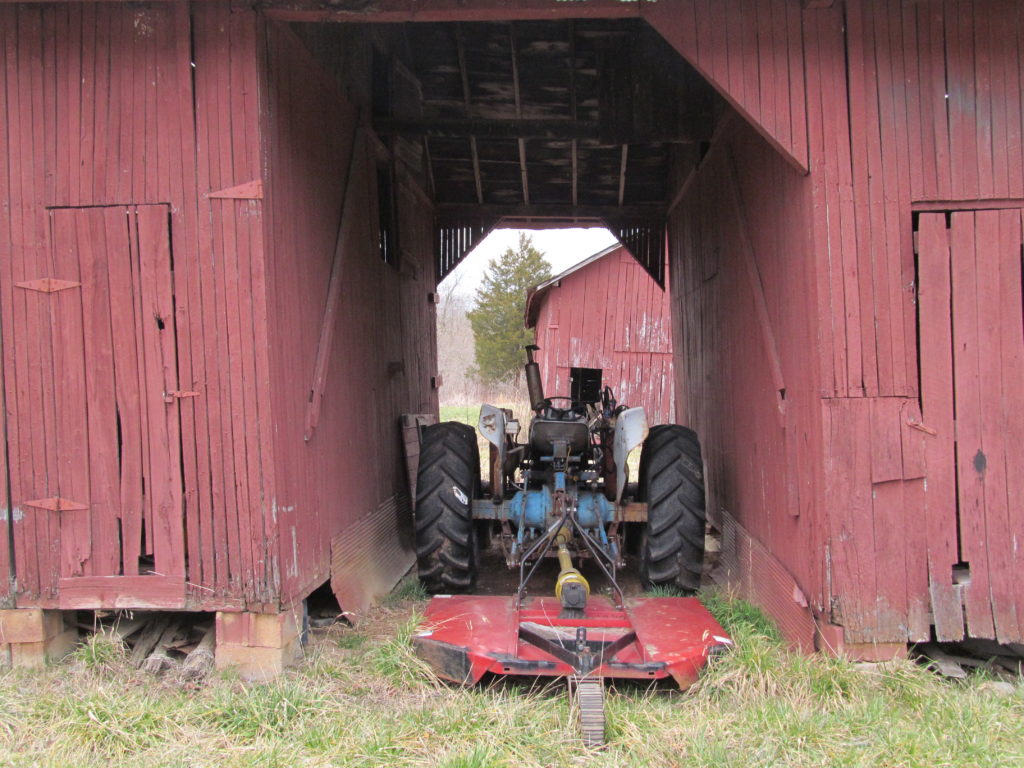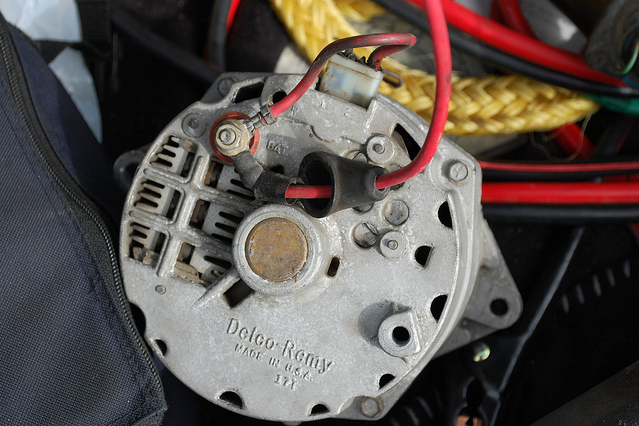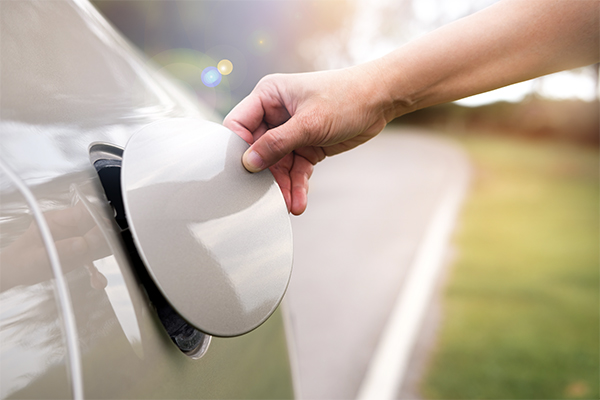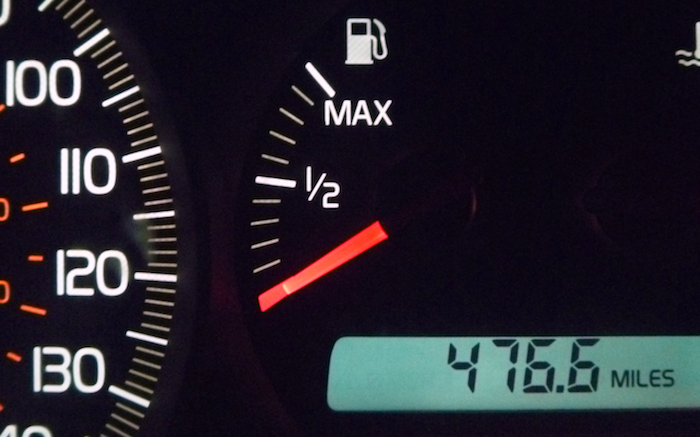The scent of diesel exhaust on a clear, crisp morning may remind some of the Big City, where buses and delivery trucks are ever-present. But country living comes with its own share of diesel fumes, thanks to farm tractors, pickups, and big diesel-powered trucks used for hauling grain or manure. City or country, diesel engines are efficient, both in terms of fuel economy and power generated. But like any other mechanical device, diesel engines require some TLC, and perhaps even some modifications to perform at their best. Here are a few tips for getting the most out of your diesel engine.

Glow plugs
Glow plugs heat the combustion chambers in a diesel engine, making cold-weather or even cool-morning starts easier. A diesel engine has a glow plug for every cylinder, so if one goes bad you may not notice right away. You’ll know it's time to replace them if you’re having trouble with cold starts, or if it sounds like the engine isn’t firing on all cylinders.
Engine heater
Engine heaters are helpful tools for diesel owners once temperatures plummet. If you’ve seen diesel-powered trucks or school buses parked overnight with what appears to be an electric cord sticking out the front, it’s probably for the heater. There are several varieties of engine heaters out there. You can use an electric heater that attaches to the oil pan via a powerful magnet. This prevents the oil from thickening and causing hard starts. There are also heaters that insert into the oil dipstick tube, diesel fuel heaters to prevent gelling, and circulation tank heaters that keep the engine’s coolant warm. All of these devices make easier starts possible in low temperatures.
AIR FILTERS
Just like with a gasoline engine, enhancing the breathing ability of a diesel can make a big difference in fuel economy, throttle response and performance. And like with a gasoline engine, many diesels come from the factory with a restrictive disposable pleated-paper air filter stuck inside a box with a bunch of convoluted tubing between the filter box and intake manifold.
And like with gasoline engines, the technology for aftermarket air filtration systems keeps improving. Reusable filters that require oiling are on their way out, replaced by foam filters that just need a blast of compressed air to clean and restore them. There are also setups for intake tubing that are less restrictive, while still delivering the sort of particulate filtration that an engine needs to stay healthy. This is a fairly cheap, easy, bolt-on modification that can make a significant improvement in performance, and it's even more important if you're driving a turbocharged diesel.
EXHAUST
Of course, the flip side of breathability for an engine is the amount of back pressure in the exhaust system. A less-restrictive exhaust can have a huge impact on a diesel's power, throttle response and fuel economy, without raising emissions or noise.
The diesel exhaust system is pretty similar to what you'll find on a gasoline engine, with a down pipe from the exhaust manifold, exhaust pipes, a catalytic converter, muffler and tailpipe. Diesels do include a particulate filter to prevent the sooty bits from being discharged into the atmosphere. They also use diesel exhaust fluid (DEF), a deionized water/urea mixture, which helps break down some of the pollutants in the exhaust stream.
Like with a gasoline engine, a change in the restriction of any of these parts can help enhance performance. An upgrade to 4-inch mandrel-bent tubing is a pretty popular move which can goose performance and fuel economy while raising exhaust noise only slightly. And just like with any other vehicle, fitting the system can be a headache. Many drivers of diesel trucks have found that setting up a truck with 5-inch tubing may end up being impossible when the bigger pipes have to be routed around an axle, fuel tank or other parts. The idea, in any case, is to lower exhaust gas temperatures and back pressure for a happier, better-running diesel.
Diesel engine programmers
With the advent of computer-controlled diesel engines comes the increasing popularity of diesel engine programmers. Frequently used for diesel-powered trucks, these programmers enable users to change the engine’s factory-programmed settings in order to increase horsepower and fuel efficiency. There are a variety of options out there , depending on your vehicle make and model.
Diesel fuel additive
Another consideration, even for diesel-engine cars, is a diesel fuel additive. Many are approved for use in all diesel fuels, and have a wide range of benefits, including:
- Preventing fuel from gelling in cold temperatures
- Keeping injectors clean
- Providing lubricants that protect the engine
- Boosting cetane (a measurement of combustion quality) for faster cold-weather starts
These are just a few considerations that can improve your diesel engine's performance and efficiency.
Are there other products you use on your diesel engine that we haven't covered? Share your comment with us.








